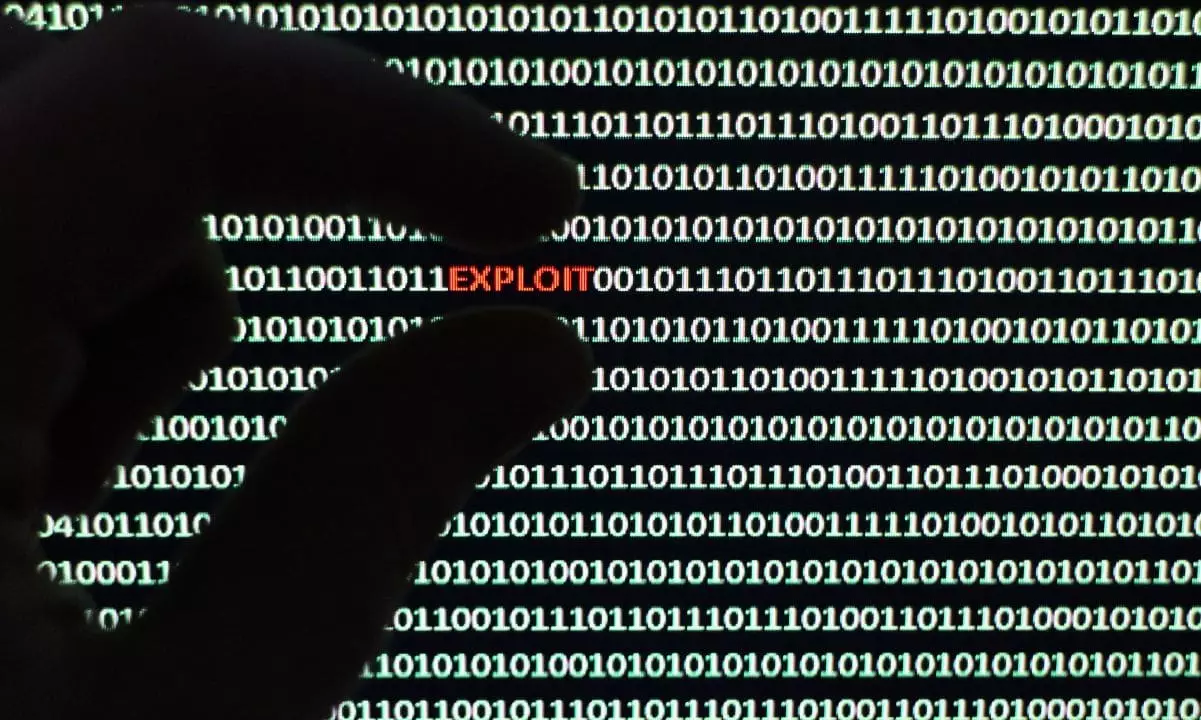On December 1, 2023, Clipper, a decentralized exchange (DEX), fell victim to a significant security breach at 4 am UTC. This incident primarily targeted its liquidity pools on Optimism and Base, an early warning of the vulnerabilities that still plague decentralized finance platforms. Chaofan Shou, a co-founder of Fuzzland—a firm specializing in blockchain security—initially pointed to a private key leak as the underlying cause of the exploit, implying a fundamental flaw in Clipper’s security protocols. Nevertheless, the Clipper team quickly contested this explanation, emphasizing that their architecture was intentionally designed to prevent such leaks from jeopardizing user assets. This reveal signals a dissonance in the narrative surrounding crypto security; while external experts often highlight risks, internal teams may have different insights into their defenses.
The attack culminated in a reported loss of around $450,000, which represented nearly 6% of Clipper’s total value locked (TVL). Comparatively, the implications of such a loss can ripple through the ecosystem, diminishing user trust and potentially deterring new participation in DeFi platforms. Interestingly, while the attacker attempted to exploit other networks, these efforts proved futile, rendering them and their respective pools unscathed. Following this alarming episode, Clipper implemented preventive measures, temporarily pausing all swaps and deposits to secure user funds. However, withdrawals remained functional, showcasing the DEX’s noncustodial ethos wherein users maintain control over their assets.
In an agile response, Clipper disabled the ability to withdraw individual tokens—a specific feature that had been identified as a vulnerability. The messaging from Clipper underscores a commitment to transparency during this crisis. The team is working diligently alongside security professionals to thoroughly investigate the breach and implement advanced safety measures. Clipper’s proactive stance resonates well in a landscape where trust is paramount. Furthermore, the invitation extended to the exploiter for dialogue signifies a unique approach hinging on rehabilitation rather than punishment.
This incident comes at a time when the broader DeFi sector is grappling with a surge in hacking incidents. A report from Immunefi highlighted staggering statistics, revealing that hacks accounted for 99.96% of all crypto losses in November 2024. While fraud and rug pulls showed a notable decline, the repercussions for decentralized financial platforms remain glaring, with losses amounting to $71 million—the sector’s second-lowest loss tally for the year. The narrative here is troubling; despite advancements in technology and security, the battle against malicious actors remains ongoing.
Clipper’s situation serves as a cautionary tale for the decentralized finance space, emphasizing the necessity for robust security frameworks and adaptive measures. As the investigation progresses, stakeholders await Clipper’s updates, which are crucial for regaining trust in their platform. Coopting insights from industry analysts and expert conversations, the DeFi community must prioritize resilience amidst evolving threats. Ultimately, it’s a double-edged sword; while decentralization offers immense benefits, it also requires a sector-wide commitment to security that cannot be overlooked.









